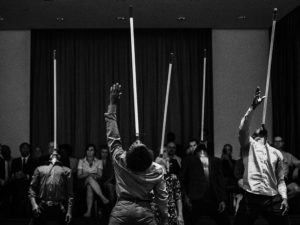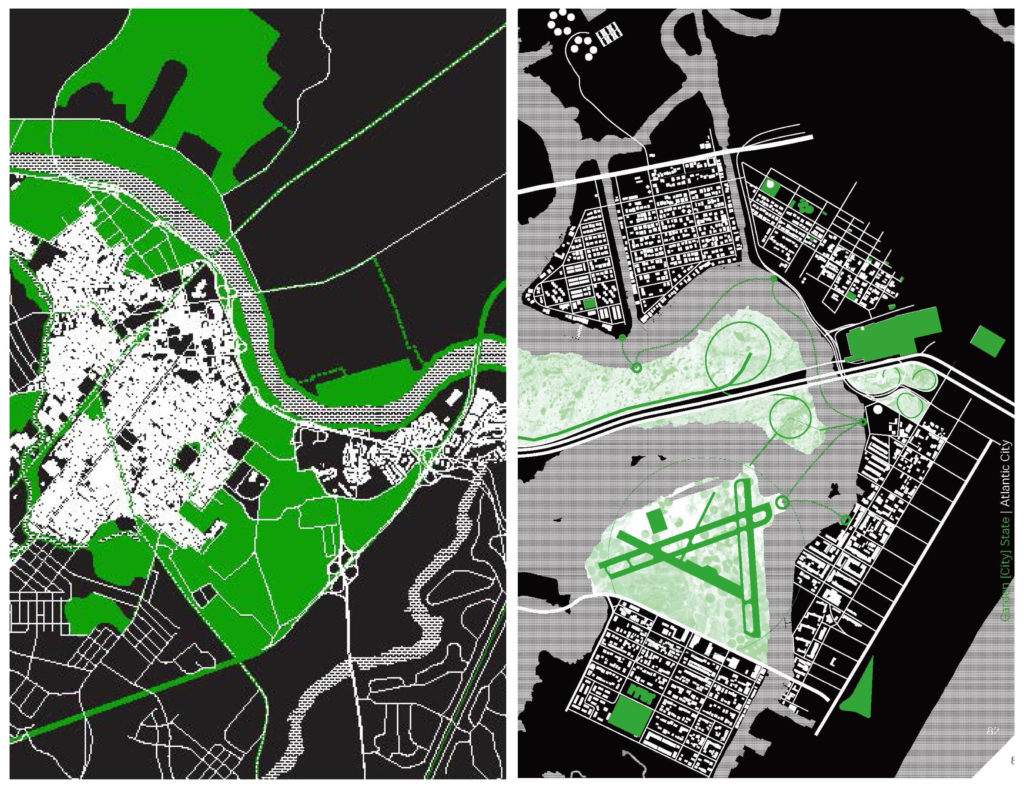 Dedicated to the production of exceptional urbanism, PUIC initiates projects that reimagine cities. We use our funding to support innovative teaching, intellectual experiences, and visionary endeavors. We aim to create new policies, plans, books, models, films, exhibitions, and manifestoes to reshape our reality. Despite the growing number of crises that foreshadow our inevitable ends, bold ideas and ambitious works can still reconfigure the future. As a center of urbanism within the School of Architecture, we will heed Princeton University’s motto “In the nation’s service and the service of humanity.” We embrace today’s challenges and draw maps of oncoming worlds.Urbanism is a struggle for possibilities. Imagining cities means imagining other people’s lives. The power involved in these transactions must be acknowledged and redistributed. PUIC is interested in the productive present and the audacity of transformative struggle. Learning cities requires participation in the practices that constitute them — becoming urban means being changed by acquired knowledge. As urbanization claims more territory, cities as stable objects of research are increasingly elusive. Urbanization has itself become a spatial effect of networks of communication, resource distribution, finance, and migration. The challenges of density, climate, waste, ethnic/racial divisions, economic inequality, and citizenship, are also opportunities for creativity and improvisations, as everyday tactics of “making do” flourish alongside megaprojects. Urbanism is a stage for experiment and enterprise.
Dedicated to the production of exceptional urbanism, PUIC initiates projects that reimagine cities. We use our funding to support innovative teaching, intellectual experiences, and visionary endeavors. We aim to create new policies, plans, books, models, films, exhibitions, and manifestoes to reshape our reality. Despite the growing number of crises that foreshadow our inevitable ends, bold ideas and ambitious works can still reconfigure the future. As a center of urbanism within the School of Architecture, we will heed Princeton University’s motto “In the nation’s service and the service of humanity.” We embrace today’s challenges and draw maps of oncoming worlds.Urbanism is a struggle for possibilities. Imagining cities means imagining other people’s lives. The power involved in these transactions must be acknowledged and redistributed. PUIC is interested in the productive present and the audacity of transformative struggle. Learning cities requires participation in the practices that constitute them — becoming urban means being changed by acquired knowledge. As urbanization claims more territory, cities as stable objects of research are increasingly elusive. Urbanization has itself become a spatial effect of networks of communication, resource distribution, finance, and migration. The challenges of density, climate, waste, ethnic/racial divisions, economic inequality, and citizenship, are also opportunities for creativity and improvisations, as everyday tactics of “making do” flourish alongside megaprojects. Urbanism is a stage for experiment and enterprise.
Urbanism is not a problem to be solved. We define urbanism as a cultural practice of creating spaces that are unique, complex, and always changing. We must work toward and with urbanism, not against it. We remain skeptical of simplification, generalization, or division. As societies struggle to reconcile their particular urban cultures with the effects of industrialized urbanization, we work in solidarity with their audacious struggles. Cities are spaces of transformation and potential. Construction and destruction are aspects of a dialectic that generates exceptional urban realities. Imagining cities makes them real. PUIC aims to think within cities, and within urbanism as a dynamic practice.
